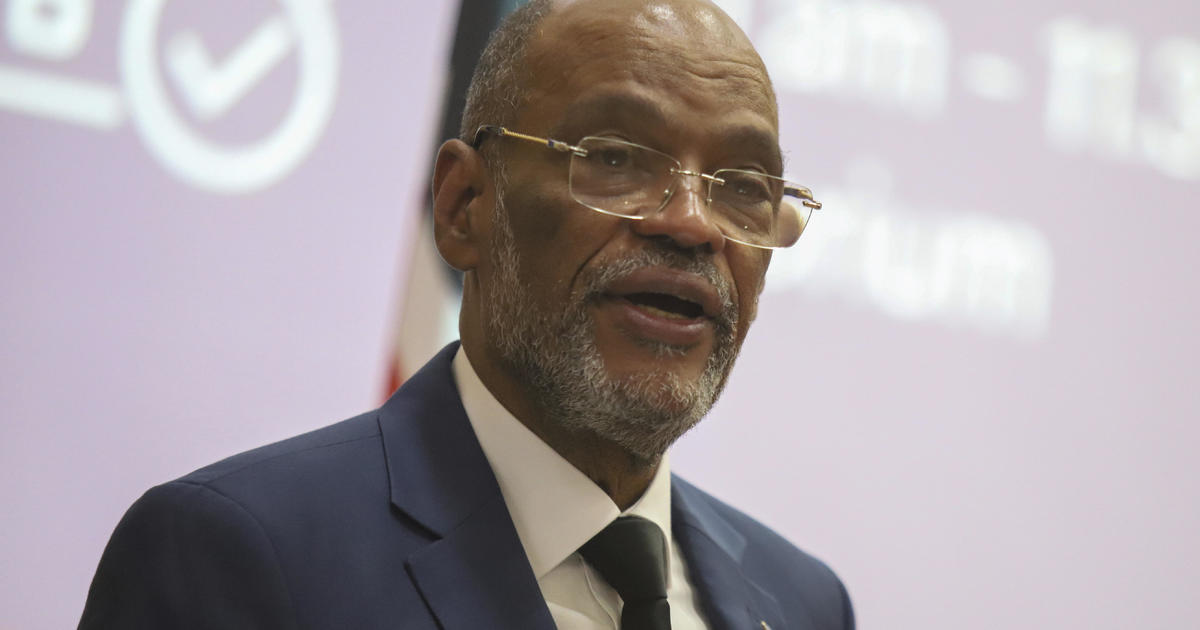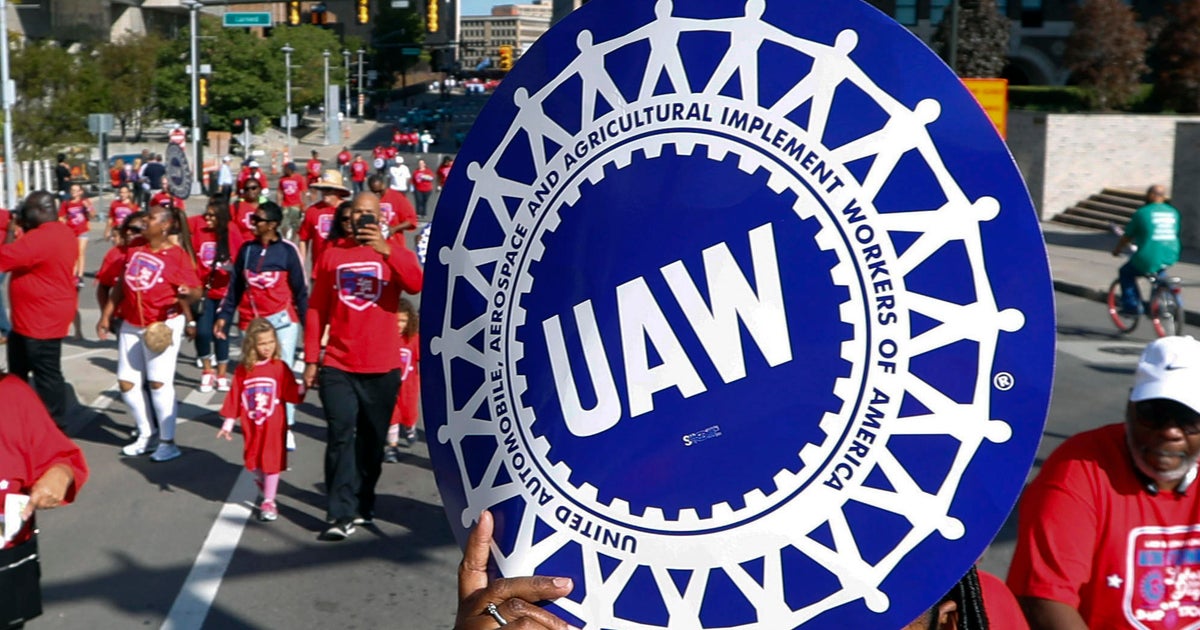Outrage as U.K. leader Boris Johnson moves to suspend Parliament ahead of Brexit deadline
London — British Prime Minister Boris Johnson announced Wednesday that a usual suspension of parliament would be extended until October 14, just two weeks before the U.K. is set to leave the European Union. The move enraged lawmakers, including many from Johnson's own Conservative Party, who will have far less time to try and stop him delivering a "Brexit" without any agreement in place with the EU.
MPs will return to London later than in recent years, giving pro-EU lawmakers less time than expected to thwart Johnson's Brexit plans before the U.K. is due to leave the bloc on October 31.
Johnson insisted it was normal procedure, aimed entirely at giving his government time to prepare a new domestic agenda and not at ram-rodding his Brexit plans past a Parliament that largely rejects the prospect of a potentially damaging "no-deal" exit from the EU.
Johnson said even with the extended "prorogation," lawmakers would have "ample time" to debate the path out of the European Union.
It's a calculated gamble by Johnson, a prime minister who was elected to the office by only about 160,000 members of his own party after a leadership crisis, spawned by internal divisions over Brexit. He consistently claims to have the backing of a majority of Britons, pointing to the result of the 2016 public referendum in which Brits voted to leave the EU. But many say a no-deal Brexit was never the outcome offered up by the "Leave" campaign, for which Johnson was a frontman.
With Parliament now set to be suspended from September 10 until October 14, pro-EU lawmakers and those who want to leave the union but only with an agreement for the divorce in place, will have just a handful of days to try and thwart Johnson. They could do so either by passing legislation to block a no-deal Brexit, or by unseating Johnson with a vote of no-confidence in his government.
The British pound slumped almost one percent on the news Wednesday, with markets fearing the economic impact of an increasingly-likely no-deal Brexit.
"Profoundly undemocratic"?
Johnson and fellow Brexit hardliners in Parliament insisted the extended suspension was nothing to do with the EU departure, and spoke of it as business as usual. Indeed Parliament is always suspended in the days or even weeks ahead of the queen giving a formal speech laying out the government's agenda.
Johnson scheduled that speech for October 14 on Wednesday, but the "prorogation" or suspension of the legislature he scheduled ahead of that date is longer than usual, and will come as the U.K. is locked in a crisis over Brexit. Johnson's opponents say that makes it more important than ever for lawmakers to be at work, carrying out its constitutional duty to oversee the executive branch's actions.
Only a handful of Johnson's closest advisers and cabinet members were aware of his plans before they became public on Wednesday, and members of his own party were among those to express their anger.
"It would be a constitutional outrage if Parliament were prevented from holding the government to account at a time of national crisis. Profoundly undemocratic," wrote Conservative former government minister Phillip Hammond on Twitter.
"This is an attempt to govern without Parliament," Conservative lawmaker Dominic Grieve told the BBC. He called the move "pretty unprecedented," said Johnson would likely "come to regret it."
Grieve hinted that he, and other "rebel" Conservative Members of Parliament (MPs) who want to avoid a no-deal Brexit, could back a no-confidence motion to unseat Johnson. He and other lawmakers agreed that the prime minister's move made it more likely he would face a no-confidence vote in the very near term.
"This move represents a constitutional outrage," John Bercow, MP and Speaker of the House of Parliament told reporters in a statement. "However it is dressed up it is blindingly obvious that the purpose of prorogation now would be to stop Parliament debating Brexit and performing its duty."
Tom Watson, deputy leader of the main opposition Labour Party, said: "This action is an utterly scandalous affront to our democracy. We cannot let this happen."
Liberal Democrat Brexit spokesman Tom Brake tweeted: "The mother of all parliaments will not allow him to shut the people's parliament out of the biggest decision facing our country. His declaration of war will be met with an iron fist."
Joanna Cherry an MP with the Scottish National Party, said Johnson's move "looks to me like something that would happen in a tin-pot dictatorship, not a democracy."
In his London Calling segment on CBSN, CBS News contributor Simon Bates characterized the move as one that "shocked us all." Johnson "reached for his nuclear weapon — and he launched it. His target was Parliament and the democratic process," Bates said.
Next move?
Six opposition parties had pledged on Tuesday to seek legislative changes to prevent a no-deal Brexit. Those efforts will no-doubt be redoubled, as lawmakers will only have from next Tuesday, when they return from their summer recess, until the end of the week to agree on a next move.
That is, unless the opposition calls a no-confidence vote in the meantime. The question would then become, has Johnson's bold move convinced enough Conservative rebels to vote against him?
President Donald Trump, who has long voiced support for Johnson as the right man to lead Britain out of the EU, said in a tweet on Wednesday that he didn't think Opposition leader Jeremy Corbyn would even call a no-confidence vote, "especially in light of the fact that Boris is exactly what the U.K. has been looking for, & will prove to be 'a great one!'"
Mr. Trump has referred to the EU as a chief adversary to the U.S. economically, and his administration has strongly suggested that if Britain does break from its neighbors in the definitive, "no-deal" fashion that Johnson is believed to favor, the U.S. will make a trade deal with the U.K. to ease the pain of the divorce.



